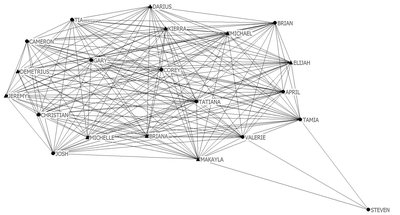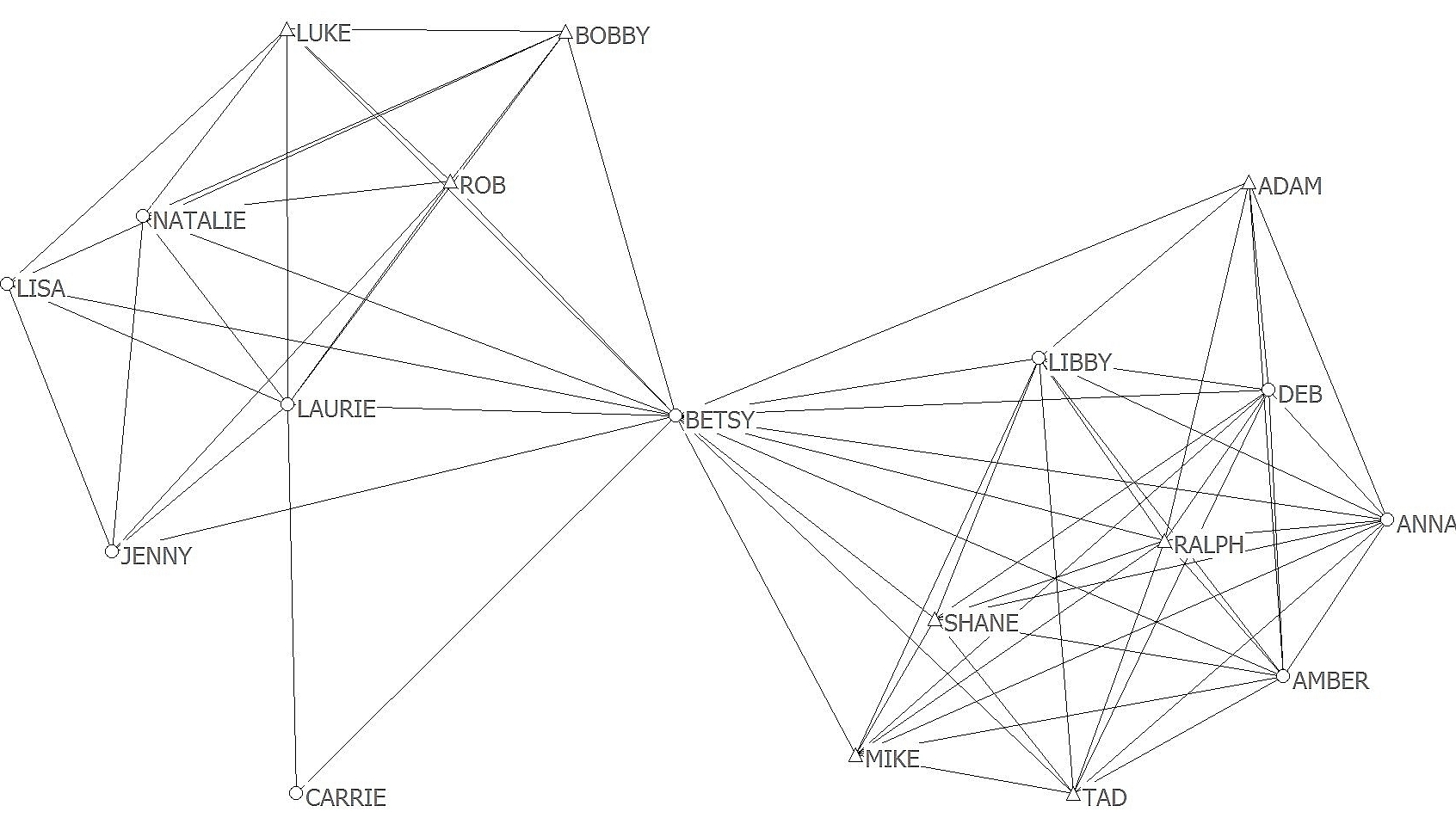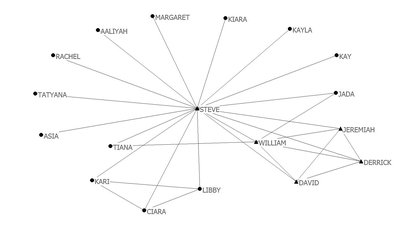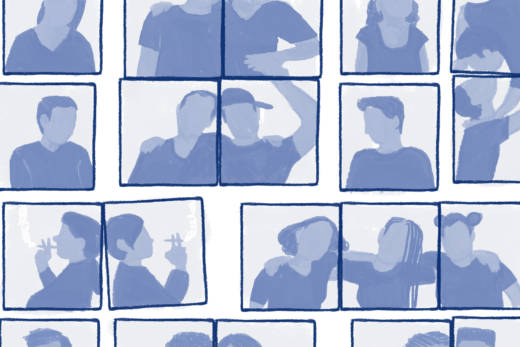Like many people, I absolutely cherish the close friendships I forged in college, nearly mumble-mumble years ago. But we rarely think about how these friendships might affect the path to graduation. If anything, students are typically advised to avoid social distractions and keep their eyes on the academic prize instead.
A new book from a researcher at Dartmouth College puts a new spin on that idea, mapping out the ways differently structured social networks affect students' experiences for good and for ill.
Janice McCabe, an associate professor of sociology, interviewed a diverse group of 67 undergraduates at a large Midwestern public university (unnamed to protect student privacy.) She asked them to name their friends, which ranged from 3 to 60 individuals, and then she painstakingly mapped out the web of connections that made up each person's friend network.
Her conclusion? "It's important to realize that friends can have academic as well as social benefits." And the type of network you have matters a lot.
McCabe found that students' networks fell into three basic types. "Tight-knitters" had a single cluster of friends who all knew each other and did seemingly everything together. They often described those friends as like "home" or like "family." Their social network resembles a ball of yarn.

"Compartmentalizers" had between two and four unrelated clusters of friends: say, one group of fellow engineering majors, another from the swim team. With two clusters, their pattern looks like a bow tie.

And "Samplers" had one-on-one friendships with individuals who didn't necessarily know one another. Their networks looked like a hub-and-spoke system, or a daisy.

The tight-knitters named an average of 13 friends. Many of these students spoke about how important it was to have friends who could provide "intense social support that got them through difficult experiences," says McCabe.



9(MDAxOTAwOTE4MDEyMTkxMDAzNjczZDljZA004))